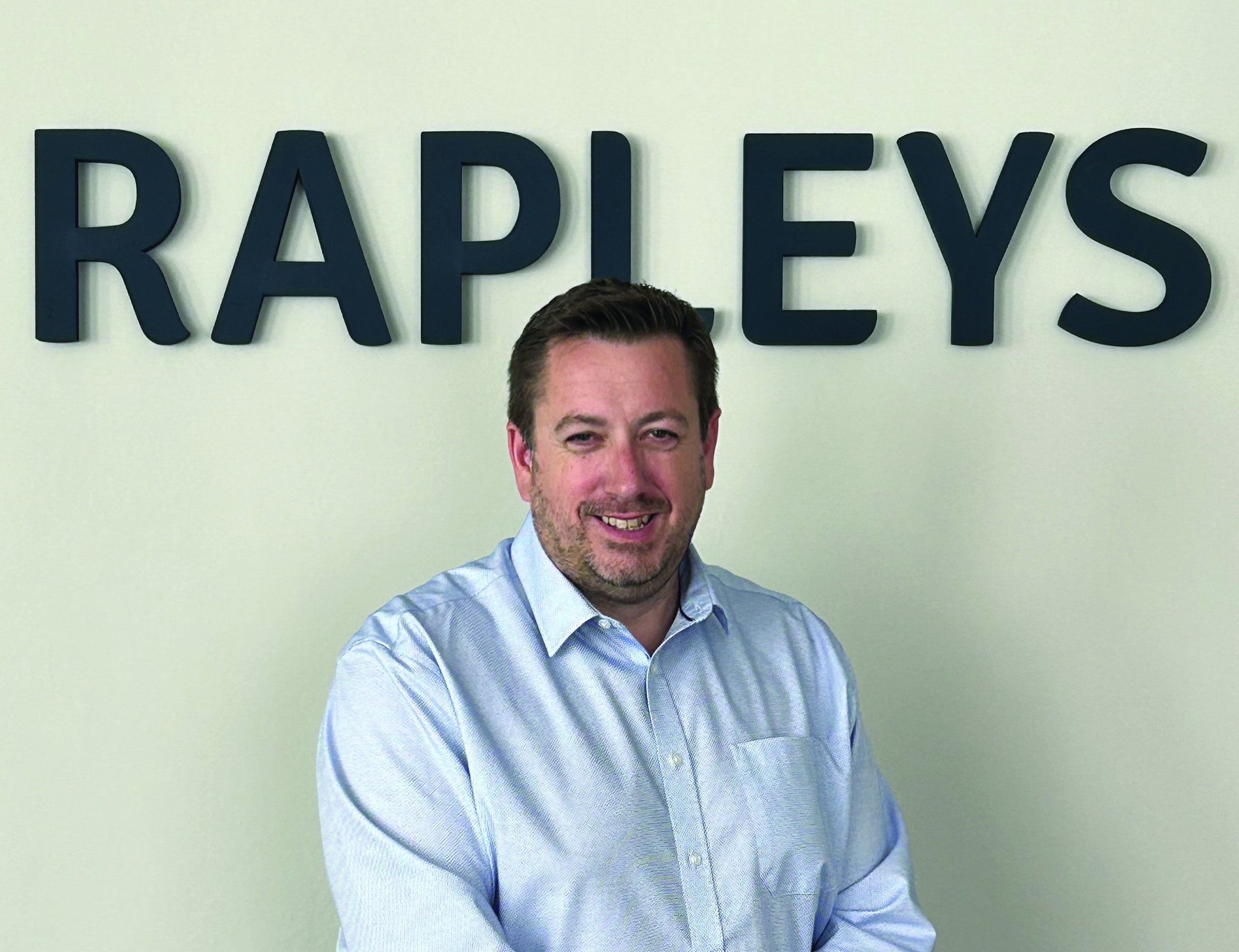Should property companies scrap 9-5 to survive?
COMMENT Not everyone will like it, but the world, and its workplace, have changed seismically. Some bemoan the new world, with the words “snowflake” and “woke” becoming ensconced in rhetoric. As a polar opposite, others are keen to give up the office entirely and operate remote teams across international countries that rarely see each other, becoming mostly virtual businesses.
There’s no right or wrong and, I assume, many are somewhere in the middle of these two more extreme examples. Each to their own. Businesses, like people, are not homogeneous. That’s why often a wide-sweeping policy won’t work today (and probably didn’t work before Covid either).
In 2019, Rapleys pioneered a four-day working week. At the time it didn’t work as we weren’t equipped to support remote working as well as we are today and, believe it or not, many of our people weren’t ready for it either. But the thought stuck, and some people did a nine-day out of 10-day structure if it suited them.
COMMENT Not everyone will like it, but the world, and its workplace, have changed seismically. Some bemoan the new world, with the words “snowflake” and “woke” becoming ensconced in rhetoric. As a polar opposite, others are keen to give up the office entirely and operate remote teams across international countries that rarely see each other, becoming mostly virtual businesses.
There’s no right or wrong and, I assume, many are somewhere in the middle of these two more extreme examples. Each to their own. Businesses, like people, are not homogeneous. That’s why often a wide-sweeping policy won’t work today (and probably didn’t work before Covid either).
In 2019, Rapleys pioneered a four-day working week. At the time it didn’t work as we weren’t equipped to support remote working as well as we are today and, believe it or not, many of our people weren’t ready for it either. But the thought stuck, and some people did a nine-day out of 10-day structure if it suited them.
In 2024, despite many in the property industry being classed as “old-school”, the sector has woken up and realised that it’s less about being in the office and more about the people working for and with you and what they want and need to succeed.
Trust issues
People like to work in different ways. Some like to work in silence, alone for the majority of their day when they aren’t in meetings or on calls. That’s when they’re most productive. Others like background noise and to be embedded in an environment where they can hear others talking and pick up ideas. Some are early birds, some are night owls. Some need to break up their day with exercise, others like peaceful reflection. Some have children and want to see them, others don’t have them or can’t concentrate with them around.
So, who are we as progressive employers to enforce a set time frame in which to work? It’s becoming more obvious this practice is hugely archaic. That’s why we removed core working hours for all employees 12 months ago. Our belief is that if we have hired good people with excellent skills then we can trust them to perform in the way they most prefer to work.
Of course, people aren’t working on their own. There is an understanding that colleagues will need to spend time with each other, and they do so gladly. Some still come into the office five days a week and prefer to do a 9-5 routine. That’s their choice.
The key is not to stipulate, but to listen. Listening builds an understanding of how colleagues like to work, how they prefer to interact with our office space, and allows us to share the right information even when we aren’t physically sitting together.
Having listened to our staff and developed a further understanding of their requirements – which focus on the enhancement of our talent, cross-team collaboration and embedding the team culture further – we have amended our approach further to provide a two-day home working per week guideline. By their choice, very few people have requested to work remotely more than this, and many have stated that they like having more structure, but by removing presenteeism and a 9-5 stipulation, our people still have the flexibility to work around important moments and needs in their lives.
We have seen recruitment surge with many people coming to us from large corporates, buoyed by our culture and flexibility. And yet our revenue and profit has also increased. Trust is key. A business can survive or die on the happiness of its people. For Rapleys, the trust is repaid with commitment, joy and performance.
No template
I’m not saying that our approach is the only way, that would go against the point of this piece. But it’s what works for us and we are constantly listening and adapting to what our people need and want. We know the world of work will continue to evolve both as an industry and for individuals whose lifestyles and circumstances change too.
But enforcing a templated 9-5 structure of culture will almost certainly fail for most of those in property. In fact any templated, inflexible sweeping structure should fail. It means that people (and their varied lives) aren’t put first or aren’t trusted to do their job the best they can. In an industry which is built around people, and where talent is crucial, this could (and possibly should) be the real downfall of a business.
If we look after our people and give them choice and trust, clients will receive a better service by default. As performance and wellbeing go hand in hand the ensuing financial uplift is an important positive outcome.
It’s not complicated really. As an industry we still need to wake up, even if being “woke” isn’t the main objective.
Justin Tuckwell is managing partner at Rapleys
Image © Rapleys











